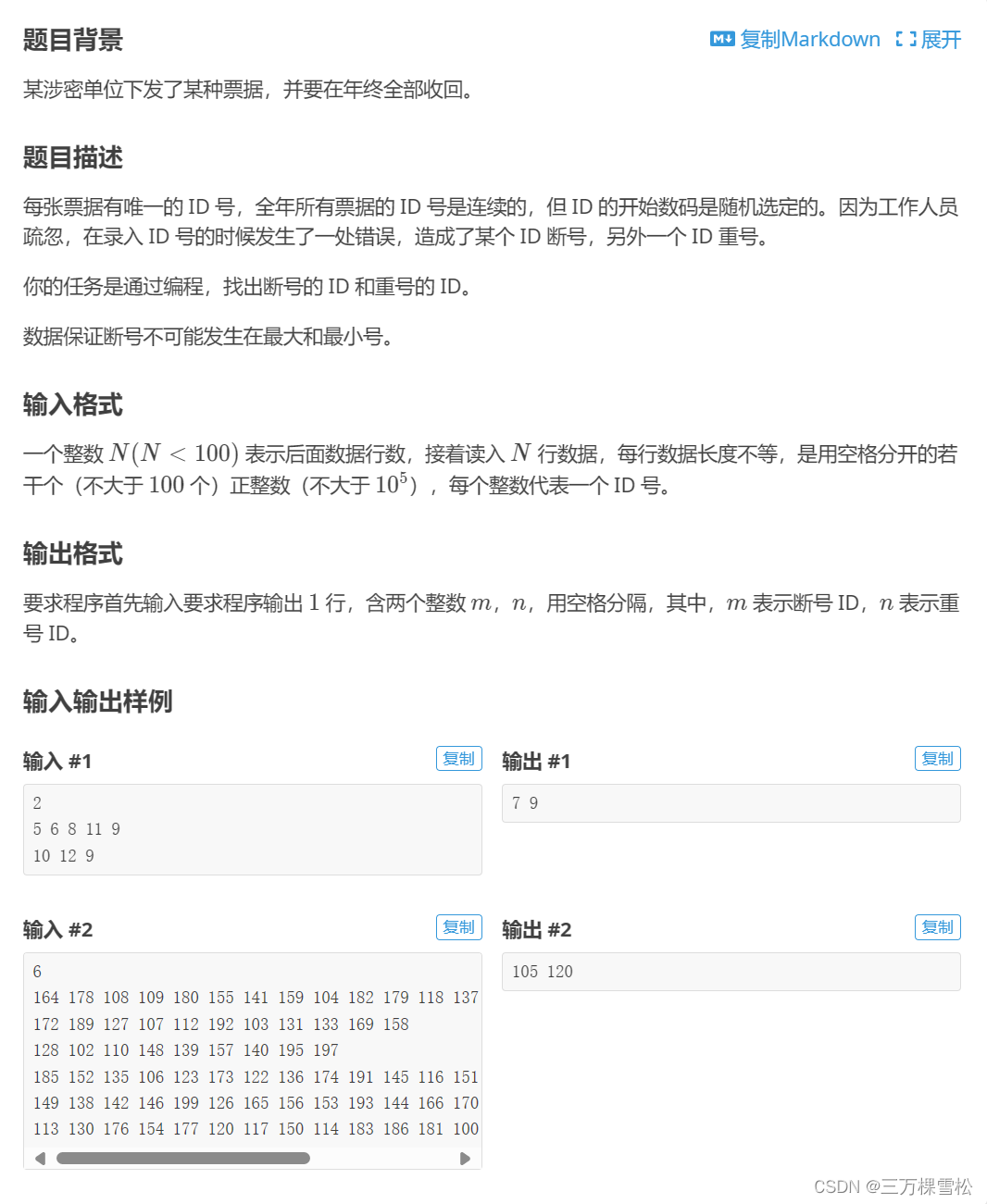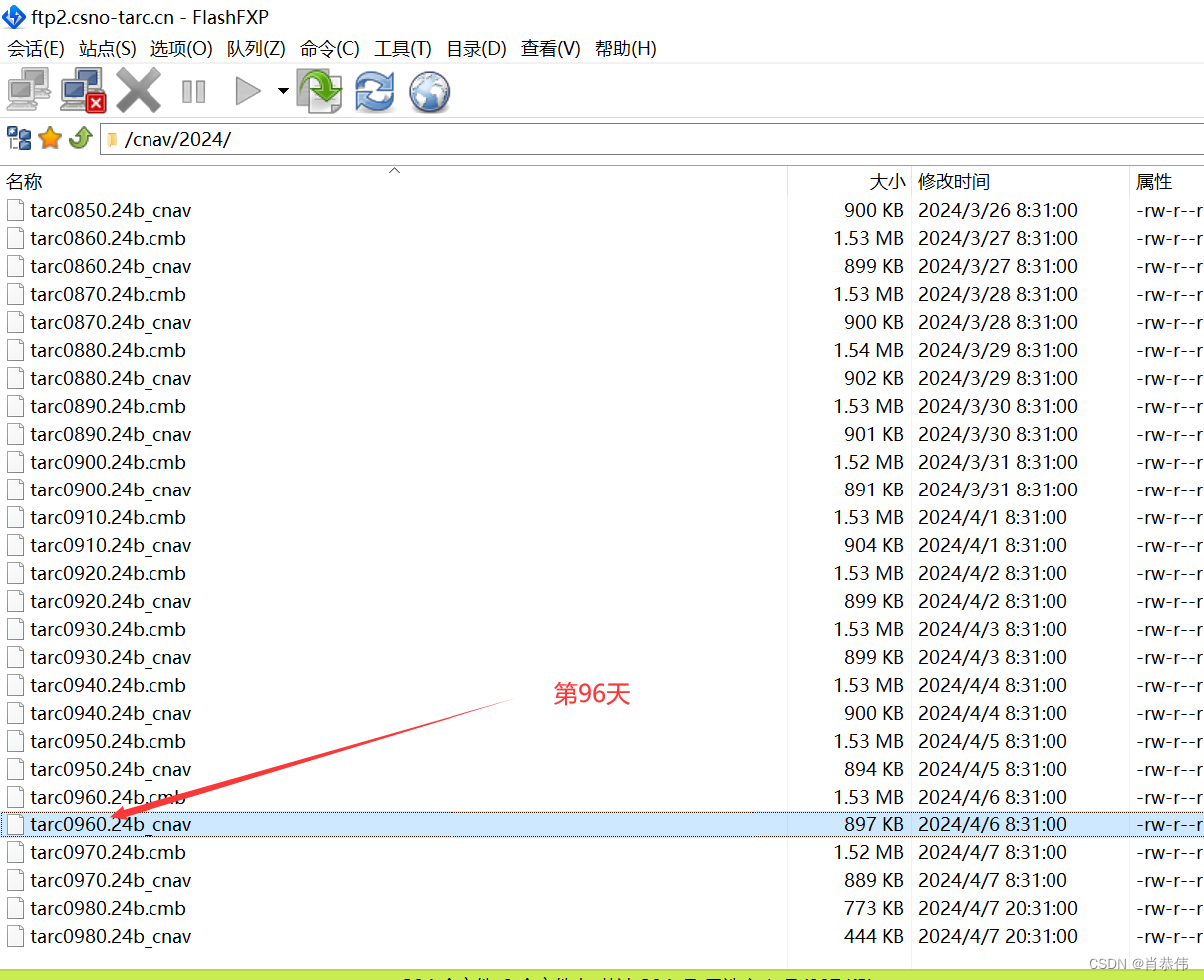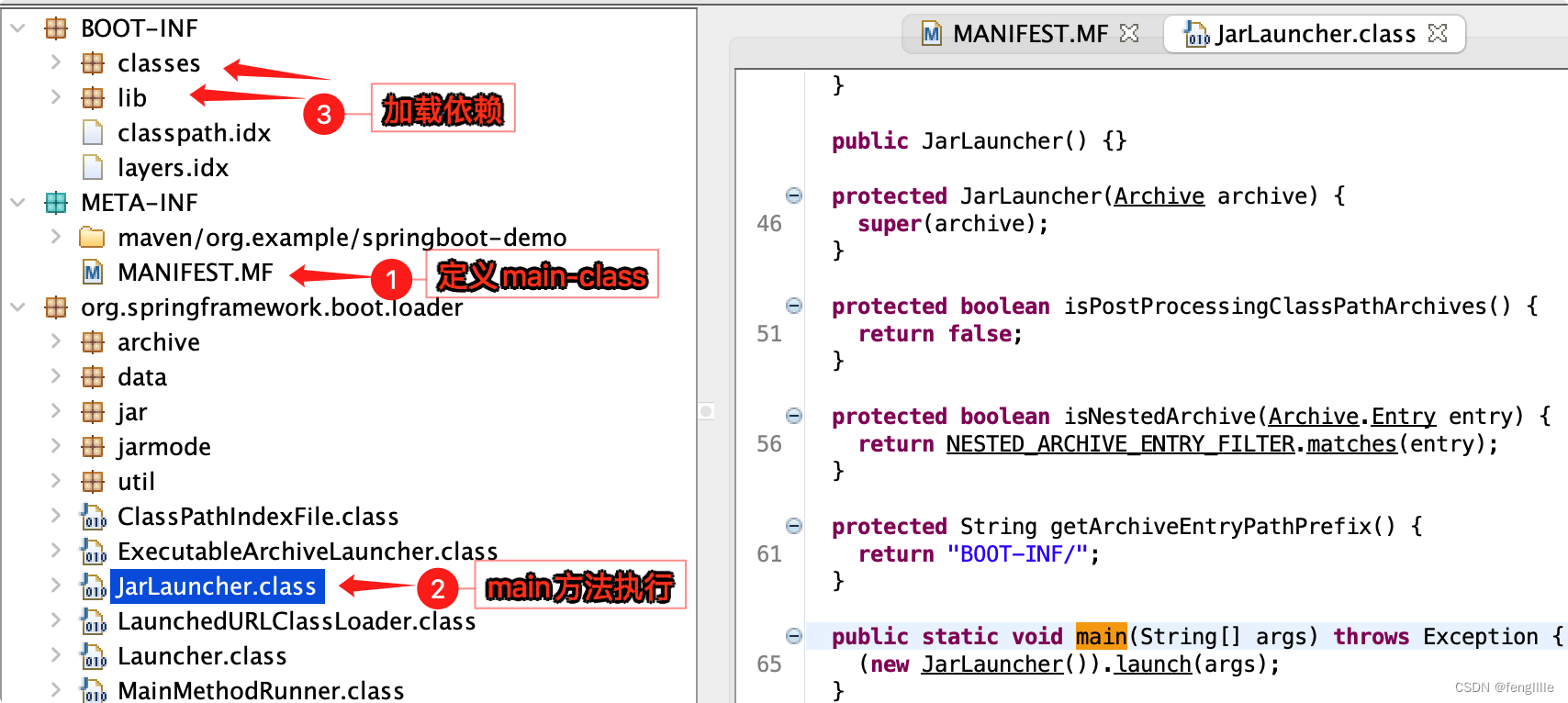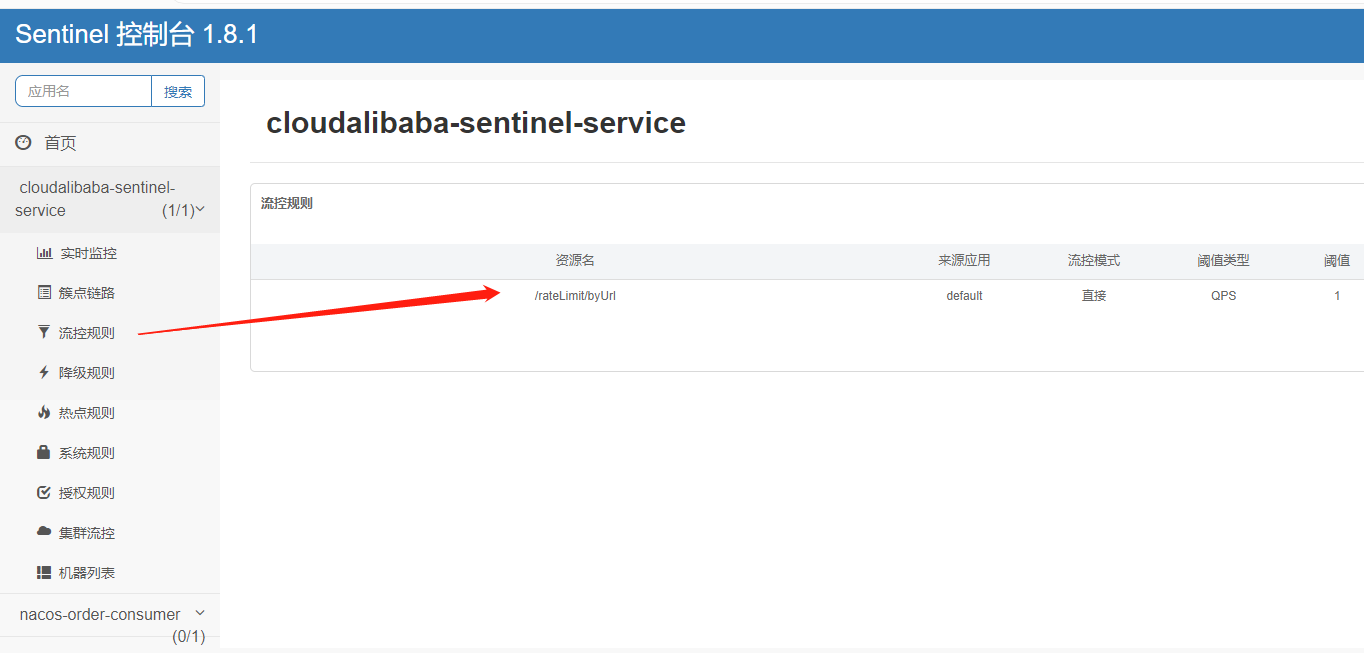📟作者主页:慢热的陕西人
🌴专栏链接:C++云备份项目
📣欢迎各位大佬👍点赞🔥关注🚓收藏,🍉留言
主要内容介绍了文件工具了类的实现

文章目录
- 云备份day04
- 1.文件实用工具类
- 1.1文件实用工具类的整体框架
- 1.2文件工具类的实现
- 1.2.1文件属性和名称获取
- 1.2.2文件的读写操作
- 1.2.3文件的解压缩
- 1.2.4目录的操作
云备份day04
1.文件实用工具类
1.1文件实用工具类的整体框架
class
{
private:
std::string filename;
public:
size_t FileSize(); // 1.获取文件大小
time_t LastMTime();// 获取文件最后一次修改时间
time_t LastATime();// 获取文件最后一次访问时间std::string FileName();//获取文件路径名中的文件名称 /abc/test.txt -> test.txt
std::string FileName(); // 获取文件的名称
bool SetContent(const std::string &body); // 向文件写入数据
bool GetContent(std::string *body) //从文件中读取数据
bool GetPosLen(std::string *body, size t pos, size t len); // 获取文件指定位置 指定长度的数据
bool Exists(); // 判断文件是否存在
bool CreateDirectory(); // 创建目录
bool GetDirectory(std::vector<std::string> *arry); // 浏览获取目录下所有文件路径名
bool Compress(const std::string &packname); // 压缩文件
bool UnCompress(const std::string &filename); // 解压缩文件
}
1.2文件工具类的实现
1.2.1文件属性和名称获取
struct stat是在 C 和 C++ 中用来获取文件或文件系统状态信息的结构体。它通常用于系统编程和文件操作中,可以提供有关文件的诸多属性。下面是
struct stat结构体的一般定义:struct stat { dev_t st_dev; // 设备 ID ino_t st_ino; // i 节点号 mode_t st_mode; // 文件模式 nlink_t st_nlink; // 链接数 uid_t st_uid; // 用户 ID gid_t st_gid; // 组 ID dev_t st_rdev; // 特殊设备 ID off_t st_size; // 文件大小(字节数) blksize_t st_blksize; // 文件系统 I/O 缓冲区大小 blkcnt_t st_blocks; // 文件所占块数 struct timespec st_atim; // 最后一次访问时间 struct timespec st_mtim; // 最后一次修改时间 struct timespec st_ctim; // 最后一次状态变化时间 ... };这里列出了一些常用的成员,但实际上
struct stat可能会包含更多的成员,具体取决于操作系统和文件系统的支持。下面是一些常用的
struct stat成员:
st_dev:文件所在设备的设备号。st_ino:文件的 i 节点号。st_mode:文件的权限和文件类型。st_nlink:文件的硬链接数。st_uid:文件所有者的用户 ID。st_gid:文件所有者的组 ID。st_size:文件大小(以字节为单位)。st_blksize:文件系统 I/O 缓冲区大小。st_blocks:文件所占的块数。st_atim、st_mtim、st_ctim:文件的最后访问时间、修改时间和状态变化时间。通过
stat()或fstat()等系统调用,可以填充struct stat结构体并获取文件的各种信息。这些信息可以用于程序中进行文件操作、权限检查等。
FileUtil(const string &filename)
:_filename(filename)
{}
// 1.获取文件大小
int64_t FileSize()
{
struct stat st;
if(stat(_filename.c_str(), &st) < 0)
{
cout << "Got file size failed!" << endl;
return -1;
}
return st.st_size;
}
// 获取文件最后一次修改时间
time_t LastMTime()
{
struct stat st;
if (stat(_filename.c_str(), &st) < 0)
{
cout << "Got file size failed!" << endl;
return -1;
}
return st.st_mtime;
}
// 获取文件最后一次访问时间
time_t LastATime()
{
struct stat st;
if (stat(_filename.c_str(), &st) < 0)
{
cout << "Got file size failed!" << endl;
return -1;
}
return st.st_atime;
}
// 获取文件的名称 /abc/test.txt -> test.txt
std::string FileName()
{
size_t pos = _filename.find_last_of("/");
if(pos == std::string::npos)
{
return _filename;
}
return _filename.substr(pos+1);
}
1.2.2文件的读写操作
// 获取文件指定位置 指定长度的数据
bool GetPosLen(std::string *body, size_t pos, size_t len)
{
size_t fsize = this->FileSize();
if(pos + len > fsize)
{
std::cout << "get file len is error\n";
return false;
}
std::ifstream ifs;
ifs.open(_filename, std::ios::binary);
if(ifs.is_open() == false)
{
std::cout << "read open file failed\n";
return false;
}
ifs.seekg(pos, std::ios::beg);
body->resize(len);
ifs.read(&(*body)[0], len);
if(ifs.good() == false)
{
std::cout << "read file is failed\n";
ifs.close();
return false;
}
ifs.close();
return true;
}
// 从文件中读取数据
bool GetContent(std::string* body)
{
size_t fsize = this->FileSize();
return GetPosLen(body, 0, fsize);
}
// 向文件写入数据
bool SetContent(const std::string &body)
{
std::ofstream ofs;
ofs.open(_filename, std::ios::binary);
if(ofs.is_open() == false)
{
std::cout << "write open file error\n";
return false;
}
ofs.write(&body[0], body.size());
if(ofs.good() == false)
{
std::cout << "write file error\n";
ofs.close();
return false;
}
ofs.close();
return true;
}
1.2.3文件的解压缩
// 压缩文件
bool Compress(const std::string &packname)
{
//1.获取源文件的数据
std::string body;
if(this->GetContent(&body) == false)
{
std::cout << "Compress GerContent failed\n";
return false;
}
//2.对数据进行压缩
std::string packed = bundle::pack(bundle::LZIP, body);
//3.将压缩后的数据存储在压缩包文件中
FileUtil fu(packname);
if(fu.SetContent(body) == false)
{
std::cout << "Compress SetContent error\n";
return false;
}
return true;
}
// 解压缩文件
bool UnCompress(const std::string &filename)
{
//将当前压缩包的数据读取出来
std::string body;
if(this->GetContent(&body) == false)
{
std::cout << "Uncompress GetContent error\n";
return false;
}
//解压数据
std::string unpacked = bundle::unpack(body);
//将解压后的数据放入到filename中
FileUtil fu(filename);
if(fu.SetContent(unpacked) == false)
{
std::cout << "Uncompress Setcontent error\n";
return false;
}
return true;
}
1.2.4目录的操作
// 判断文件是否存在
bool Exists()
{
return fs::exists(_filename);
}
// 创建目录
bool CreateDirectory()
{
if(this->Exists()) return true;
else return fs::create_directories(_filename);
}
// 浏览获取目录下所有文件路径名
bool ScanDirectory(std::vector<std::string> *arry)
{
for(auto& p : fs::directory_iterator(_filename))
{
if(fs::is_directory(p) == true)
{
continue;
}
//relative.path带有路径的文件名
arry->push_back(fs::path(p).relative_path().string());
}
return true;
}
到这本篇博客的内容就到此结束了。
如果觉得本篇博客内容对你有所帮助的话,可以点赞,收藏,顺便关注一下!
如果文章内容有错误,欢迎在评论区指正





![Bigtable [OSDI‘06] 论文阅读笔记](https://img-blog.csdnimg.cn/direct/644ba4d07de14c358ceaea509f2409f3.png#pic_center)














